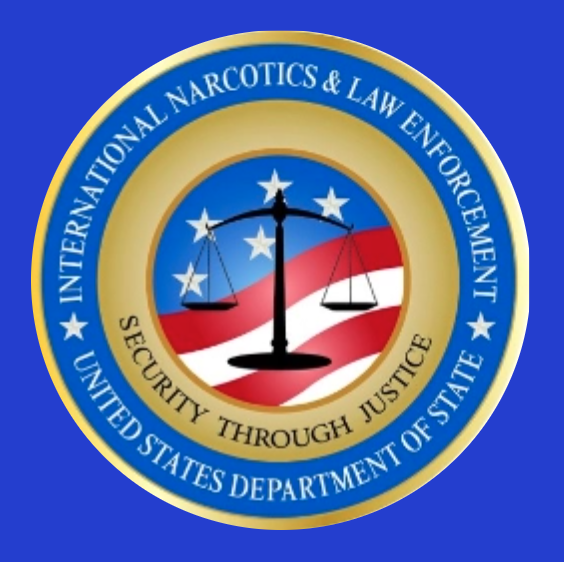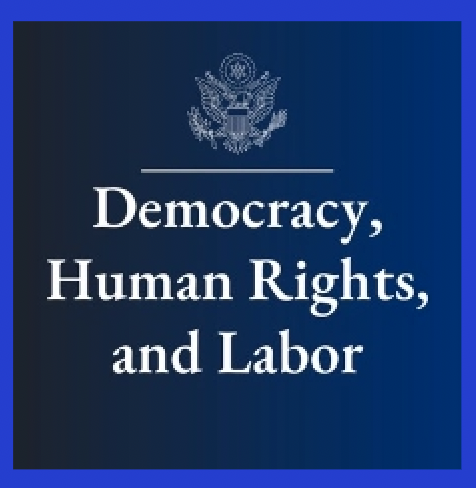Shahlo Mamarahimova has been practicing law since 2021. She provides free legal assistance, focusing on supporting vulnerable groups, particularly parents of children with disabilities and limited opportunities. Shahlo Mamarahimova is one of the founders of IYMON NGO, which was established to create equal opportunities for disabled children and their parents, and to provide them with legal, psychological and social support.
1. Why do you think you were chosen as the winner?
Perhaps because in our society special attention is paid to the groups of people vulnerable to discrimination – women, people with disabilities, socially vulnerable people. The goal of this is to protect the rights and freedoms of vulnerable groups in Uzbekistan through strengthening local civil society.
I am sure that many of my colleagues were worthy of this award and are also working towards this goal. I'm delighted to see an award like this in such a competitive field. It serves as a fantastic motivation for young legal professionals as well.
2. Why did you decide to become a lawyer? Why do you do your job, what motivates you?
I consider the profession of a lawyer to be one of the best professions. Each person has his own purpose, but mine is to be a lawyer, an advocate. Because justice is the most important thing to me. Probably, it’s because of my values, beliefs and the books which I read as a child. It took me a long time to become a lawyer, because I wanted to take this step consciously, having both life and legal experience as a legal adviser. This is what helps me in my work now. It seems to me that people in my profession are motivated by results, victory, and seeing the happy eyes of their clients. That's what I really enjoy. My favorite slogan is Amat Victoria Curam, a Latin proverb meaning “success favors those who make the effort”. It was first used by Gaius Valerius Catullus, a Roman poet who lived in the I century BC. I try to follow it always.
3. What are you most proud of? What is your greatest professional achievement or success?
I am most proud not of what I have, but of who I have become. I take pride in learning from my mistakes and finding the strength to escape the vicious circle that happens to everyone. I am proud of my experiences in life that have helped me through many difficulties. Everything that happened, and even self-doubt and mental tossing, led me to the fact that today I know the answer to the most important questions. I consider myself successful in my profession. I am proud of my family, my son. As for the biggest professional achievement, there are several of them, although I think the biggest one is yet to come. For me, complex, ambiguous cases that require maximum concentration of mental abilities and knowledge are interesting. There have been quite a lot of such cases in practice, especially with the tax authorities.
4. How do you assess the development and state of the legal profession over the past few years?
Of course, the development and professionalism of the legal profession is growing. Our country is undergoing systemic reforms aimed at further enhancing the role of advocacy in protecting human rights and freedoms. This is evidenced by the amendments made to the Constitution of the Republic of Uzbekistan and the Law on Advocacy. I hope the mechanism for applying these innovations will be implemented in practice without much trouble.
5. What are the main problems facing the domestic legal profession today and what are the ways to resolve them?
Only the feeling of being part of something big will make lawyers more confident and stronger. I believe that today’s advocacy lacks togetherness, some kind of a community that can unite colleagues. We have a lot of experienced professionals whom I could listen to and accept their experience. In this direction, meetings could be organized at least once every 2 weeks, issues regarding advocacy could be discussed, proposals could be developed for consideration at the state level, up to and including amendments to legislation. It is necessary to organize more round tables with representatives of the public and the media, to discuss issues and problems more actively. I believe that lawyers should be given the opportunity to unleash their creative potential, because the profession of a defense lawyer is very creative. I would like decisions to be made in the “with us”, and not the “everything for us but without us” manner. More active discussions during the seminars held, listening to different opinions and points of view – this is what helps to make the right decisions.
As for the seminars and conferences that are held, I am always surprised by what parameters are used to select lawyers to participate in such events, especially international ones. I only find out from the photographs on Telegram that this or that conference or seminar has taken place. I would like to take part in such events, if possible. I think the majority agrees with me on this issue, since these events can be very useful for a lawyer’s work.
6. What is the most difficult part of your job?
Lawyers must deal with different cases and clients. The work of a lawyer involves significant psychological stress. After all, sometimes stressful situations arise in court hearings that provoke the manifestation of emotions, sometimes of a negative nature, but you simply must maintain composure and a calm, efficient mind. This is very difficult for me, as I am an emotional person. In my work I cannot use only my mind, I give it part of my soul.
7. How do you think your work impacts society?
In addition to my main activity, which is mainly practicing in disputes with tax authorities, I conduct trainings and consultations for women who find themselves in difficult situations, as well as to the parents of children with Down syndrome, autism and other forms of disability. My work is consulting and raising awareness on the rights of children and their parents. After all, the mission of our NGO IYMON is to involve children with disabilities and their parents in public life by creating equal opportunities. Assistance in obtaining qualified psychological, legal and social assistance. Assistance in obtaining education and employment. The biggest impression on me was made by the fact that children with disabilities are not accepted into schools and kindergartens, that is, children are simply isolated from society. Our task is to help them be integrated in society, to adapt socially, because in most cases these children are teachable, they can get a profession, they are creative and artistic, regardless of their mental characteristics. Parents are not eternal, and children need to live on. Very often when talking with parents, I hear that parents are very concerned about their child’s future. Our NGO supports the development of inclusive education in our country, one of the main principles of which is equality and equal opportunities for everyone, regardless of the mental and physical abilities of children. In Samarkand, we already have students with mental disabilities attending regular schools. I think this is a great achievement for these children. I would like to say that I must share this award, at least with the parents of children with disabilities who strive to change the lives of their children. They are the heroes of their time who do not despair but inspire other mothers and fathers with their example.
8. What would you do to make the legal profession more attractive to young people?
I consider the profession of a defense lawyer to be one of the best professions, because a lawyer is a human rights activist, since their main task is to protect human rights. I think today there is not enough of a community of lawyers with experience, in which a young specialist could seek advice. I know for myself that this would be very helpful. Sharing knowledge and experience is the best thing.




